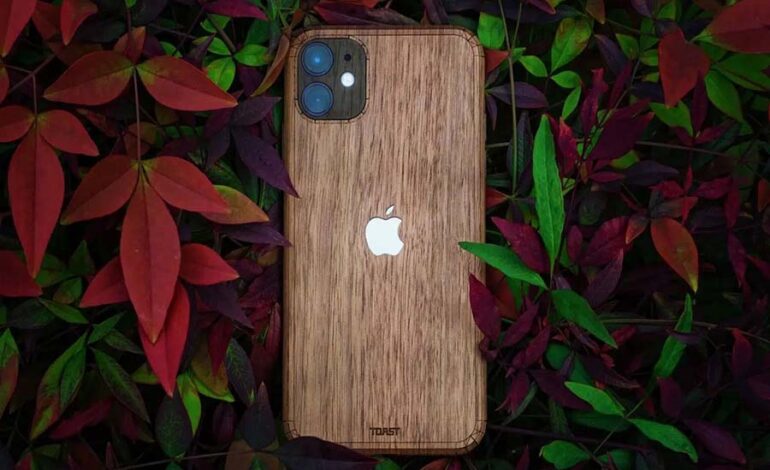Exploring Eco-Friendly and Ethical Phone Cases

In today’s tech-driven world, the constant churn of new phone releases often leads to a staggering amount of electronic waste. As consumers, extending the lifespan of our devices becomes paramount in combating this issue. While we may not have control over the longevity of our software, we can take steps to protect the hardware with eco-friendly and ethical phone cases. These cases not only safeguard our devices but also contribute to reducing environmental impact. Here’s what to consider when choosing sustainable phone cases and a selection of noteworthy brands leading the charge:
Factors to Consider:
Materials: Opt for phone cases crafted from sustainable materials such as bio-based plastics, recycled plastics, or natural materials like leather and wood. Look for certifications like Leather Working Group (LWG) to ensure sustainable sourcing and treatment of leather.
Finishes: Avoid toxic chemical finishes by selecting cases made from recycled textiles with labels like bluesign certification. Steer clear of waterproofing features containing durable water-repellent (DWR) unless specifically labeled as PFAS-free.
Product Range: Choose brands that offer cases for older phone models, ensuring availability beyond the latest releases and reducing the need for frequent replacements.
Circular Mindset: Select brands that support circular practices by offering repair, recycling, or rehoming programs for old phones and cases, promoting a sustainable product lifecycle.
Packaging: Look for brands using biodegradable, compostable, or recycled packaging materials, preferably with Forest Stewardship Council (FSC) certifications for sustainable sourcing.
Top Eco-Friendly and Ethical Phone Case Brands:
Toast: Known for custom wood phone cases sourced sustainably from wood, bamboo, and leather, Toast offers durable cases made to order with non-toxic finishes and eco-friendly packaging.
EcoBlvd: Utilizing corn and bamboo-based bio-plastics, EcoBlvd creates colorful and compostable phone cases while encouraging responsible disposal through prepaid recycling programs.
Bellroy: As a certified B-Corp, Bellroy offers durable phone cases with LWG-certified leather and bio-based polymer options, backed by a 3-year warranty and ethical supply chain practices.
a good company: This Swedish B-Corp produces compostable phone cases and screen protectors from flaxseed, emphasizing low-impact materials and transparent supply chains.
Zero Waste Movement: Crafting compostable phone cases from cellulose and corn starch-based bio-plastics, Zero Waste Movement prioritizes functionality, protection, and eco-conscious packaging.
Pad & Quill: With a focus on handmade, sustainably sourced materials, Pad & Quill offers leather and wood cases backed by a 2-year warranty and artisan-driven production practices.
Nimble: A California-based B-Corp, Nimble specializes in recycled materials for phone cases and accessories, accompanied by plastic-free recyclable packaging and a 2-year warranty.
Peakdesign: Known for craftsmanship and sustainability, Peakdesign’s Everyday Case features recycled nylon and weatherproof coatings, supported by ethical supplier codes and in-person audits.
Reboxed: This B-Corp refurbishes old phones for resale or donation while producing sturdy cases from plant-based polymers and reclaimed wheat fibers, though information on its supply chain is limited.
Tech 21: Offering high-performance cases designed for durability, Tech21’s Evo collection includes bio-material additives for landfill breakdown, complemented by 100% recycled options and eco-conscious packaging.
By choosing eco-friendly and ethical phone cases from these brands, consumers can contribute to reducing electronic waste while protecting their devices in style. Making mindful decisions in tech accessories aligns with sustainable consumption practices, fostering a greener and more responsible approach to tech ownership.









